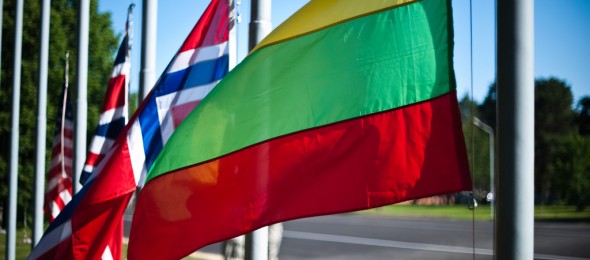Catherine A. Rogers, Professor of Law, Paul and Marjorie Price Faculty Scholar, and Professor of Ethics, Regulation & The Rule of Law at Penn State Law and Director of the Institute for Ethics, Regulation & The Rule of Law at Queen Mary, University of London, has authored “Apparent Dichotomies, Covert Similarities: A Response to Joost Pauwelyn,” 109 AJIL Unbound 294 (2016). In her article, Professor Rogers responds to Joost Pauwelyn’s recent publication entitled, “The Rule of Law without the Rule of Lawyers? Why Investment Arbitrators are from Mars, Trade Adjudicators from Venus,” 109 AJIL 761 (2015).
Here is the abstract:
In a recent article, Professor Joost Pauwelyn poses a perplexing question: How can it be that trade and investment are converging in their substantive “legal orders,” but diverging in terms of perceived legitimacy? Investor-State Dispute Settlement (ISDS), he argues, is in a “state of crisis” whereas WTO dispute settlement is generally regarded as “successful.” Pauwelyn’s provocative and counter-intuitive explanation for this paradox focuses on the apparent differences between the pool of decision-makers in each regime: WTO disputes are resolved by nameless, faceless, inexperienced bureaucrats who often lack legal training, whereas “investment arbitrators are typically high-powered, elite jurists” with more expertise and experience than their WTO counterparts.
In this response Essay, I challenge some of Pauwelyn’s characterizations of WTO and ISDS decision-making and his related conclusions. I then suggest that the identity of claimants (foreign investors) and nature of remedies (usually large monetary awards) — not the identity of the decisionmakers — are more plausible explanations for the legitimacy gap between WTO and ISDS decision-making. Accordingly, current efforts to make ISDS more like a WTO court structure are unlikely to resolve concerns.
Finally, I examine why lawyers and legal expertise are essential attributes for the adjudicators we entrust with development of an international rule of law, and how international arbitrators in particular have made important contributions to international adjudication.
Many of Professor Rogers’ scholarly papers may be downloaded free of charge from the Social Science Research Network.
Photo credit: U.S. Army Europe Images via Foter.com / CC BY














